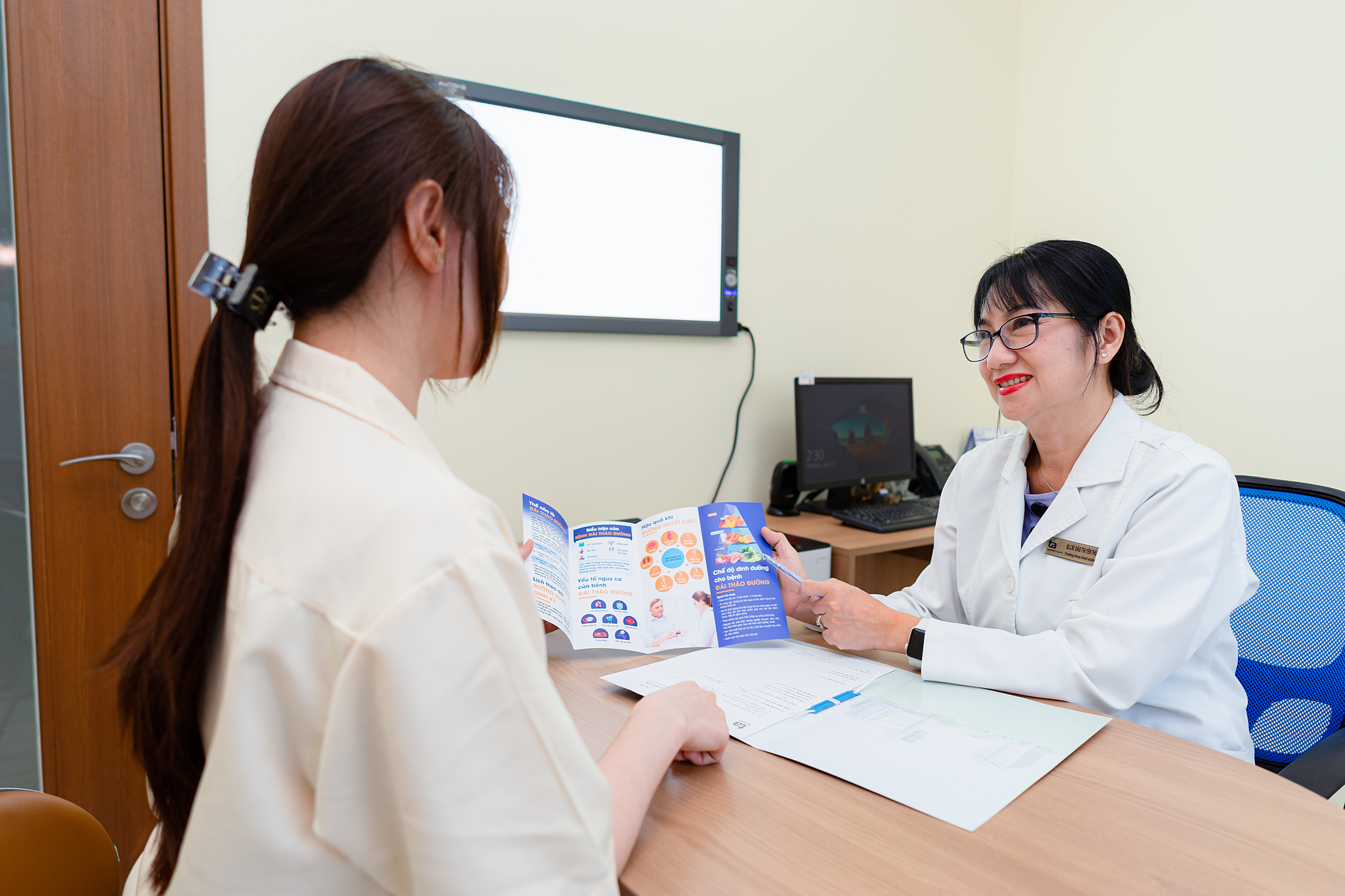Vertigo, a balance disorder originating from the 8th cranial nerve, involves connections within the inner ear, pathways to the brain, and the brain's reflexive systems. Doctor Dao Thi Yen Thuy, Head of the Nutrition and Dietetics Department at Tam Anh General Hospital in Ho Chi Minh City, explains that diet plays a crucial role in managing symptoms, treating, and preventing vertigo.
Salt causes water retention, increasing inner ear fluid pressure, a common cause of vertigo. Patients should limit their intake of salt, fish sauce, soy sauce, pickled foods, and processed foods like sausages, canned goods, and instant noodles. The recommended daily intake is no more than 2,000 mg of sodium, equivalent to one teaspoon of salt.
Caffeine in coffee, strong tea, and energy drinks can stimulate the nervous system, increasing feelings of anxiety, insomnia, and dizziness. Caffeine also causes mild dehydration, affecting blood circulation to the brain. Individuals with vertigo should reduce or eliminate these beverages from their diet.
Alcohol directly affects the central nervous system, causing vasodilation, low blood pressure, and exacerbating dizziness and loss of balance. Alcohol consumption in individuals with vertigo can also hinder nerve transmission, leading to more frequent episodes.
Greasy fried foods slow down blood circulation, increase inflammation, and affect the supply of oxygen and nutrients to the brain. Patients should limit fast food, fried foods, and fatty meats, opting instead for boiled, steamed, or baked dishes with minimal oil.
 |
Doctor Yen Thuy provides nutritional advice to a patient. Photo: Tam Anh General Hospital |
Doctor Yen Thuy provides nutritional advice to a patient. Photo: Tam Anh General Hospital
Individuals with vertigo should limit refined sugar and refined flour, as these can cause fluctuations in blood sugar levels, leading to fatigue and anxiety. They should also avoid overeating in the evening or drinking excessive amounts of water before bed, which can increase intracranial pressure, affecting sleep and the vestibular system.
Doctor Thuy recommends that individuals with vertigo eat regular, small meals throughout the day, incorporating plenty of green vegetables, fruits, fatty fish, nut milk, and sufficient water intake. This should be combined with adequate sleep and light exercise. Supplements containing natural extracts from blueberries and ginkgo biloba can help improve blood flow to the brain, combat free radicals, and enhance neural connections. These contribute to protecting brain cells and reducing symptoms such as headaches, dizziness, and insomnia.
If experiencing unusual symptoms, individuals should seek medical attention and undergo regular checkups to manage their condition. After examination, doctors may recommend vestibular function tests using the Interacoustics system with Video Nystagmography (VNG) technology and Artificial Intelligence (AI) for assessment and diagnosis. For patients with brain lesions, doctors may order additional laboratory tests and brain MRIs.
Trong Nghia
| Readers can submit nutrition-related questions here for doctors to answer. |












